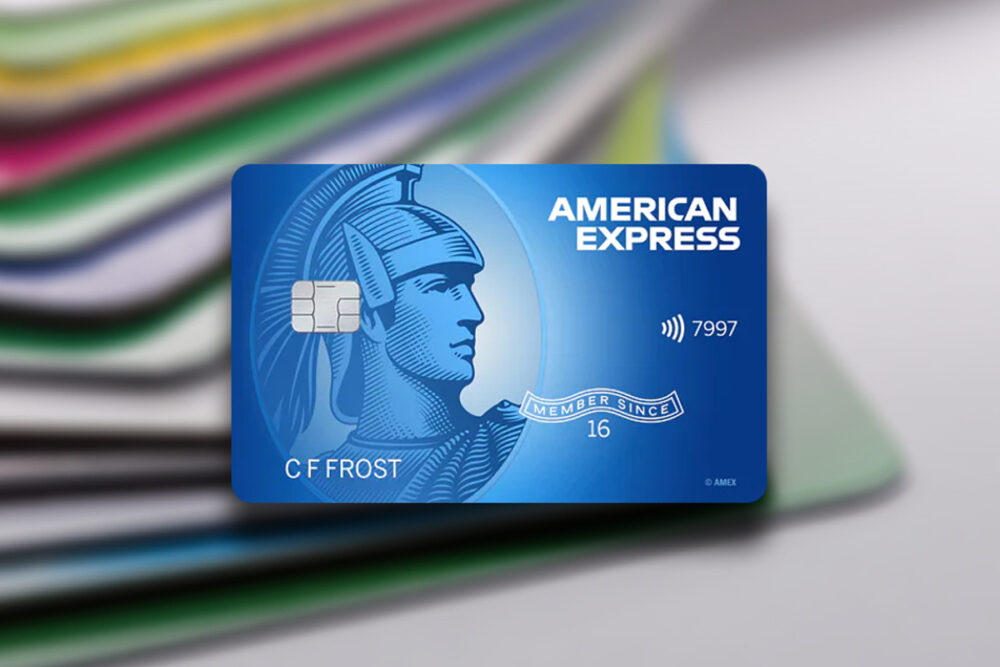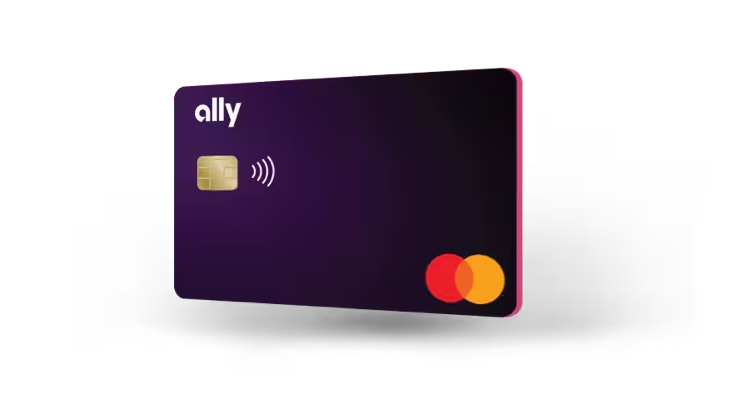How to choose the best credit card based on your spending profile

Understanding Your Credit Card Needs
Selecting the right credit card can feel overwhelming, especially with the myriad of options available. However, understanding your personal spending habits is key to making an informed choice. By aligning your credit card selection with your financial behavior, you can maximize benefits and minimize costs.
First, consider your spending profile. Here are some common categories to help you identify where your money goes:
- Groceries: Do you frequently shop at supermarkets? Many cards offer higher rewards percentages for grocery purchases, making them ideal for families or individuals who do their shopping weekly.
- Travel: Are you a regular traveler, either for business or pleasure? If so, look for cards that provide travel points or miles, which can be redeemed for flights, hotel stays, or car rentals. For example, the Chase Sapphire Preferred card is known for its travel rewards and no foreign transaction fees.
- Dining Out: Do you enjoy eating out or ordering takeout often? Certain credit cards provide extra cashback or points for dining purchases. The American Express Gold Card offers impressive rewards in this category, which could benefit food enthusiasts significantly.
- Online Shopping: Are you a frequent online buyer? With the rise of e-commerce, specific credit cards cater to online shoppers with cashback rewards for purchases made at popular retailers. For instance, the Amazon Rewards Visa Signature Card gives cashback on Amazon purchases, making it a perfect fit for frequent buyers on the platform.
Next, think about the features you value most in a credit card. Some important features to consider include:
- Cashback Rewards: Cards with cashback programs allow you to receive a percentage of your spending back in the form of money, which can be a straightforward way to earn rewards on everyday purchases.
- Travel Points: If traveling is a joy of yours, consider cards that let you accumulate travel points. These points can lead to significant savings on vacations or business trips. Cards like the Capital One Venture Rewards Credit Card offer substantial sign-up bonuses and great rewards on travel related spending.
- No Annual Fees: Avoid extra costs if you do not use your card often. There are numerous options available without annual fees, perfect for those who prefer not to commit to a yearly expense.
- Low Interest Rates: If you occasionally carry a balance month to month, choosing a card with a lower interest rate can help you save money on interest charges over time. The Discover it card is popular for its competitive APR and no annual fee.
By recognizing your unique spending habits and desired features, you can make a credit card choice that enhances your financial lifestyle. Consider not only the potential rewards but also how you plan to manage your payments to avoid debt. Carefully reviewing these factors ensures that the credit card you select aligns well with both your spending patterns and financial goals, leading to an empowered and informed use of credit.
Assessing Your Spending Categories
Once you have a general idea of your spending profile, the next step is to dive deeper into specific categories where your money flows. Identifying your primary expenses not only guides you in selecting the right credit card but also helps in maximizing your rewards. Below are essential categories to analyze:
- Utilities: Do you regularly pay for electricity, water, or gas? Some credit cards provide cashback or points for utility bill payments. The Citi Double Cash Card, for instance, offers 2% cashback on all purchases, including utilities, which can add up significantly over time.
- Transportation: Consider how you commute. If you spend a lot on gas or public transport, cards that offer rewards for these purchases can be beneficial. For example, the Chase Freedom Flex card provides 5% cashback on rotating categories, which often include gas stations.
- Health and Wellness: Are you a regular at gyms, fitness classes, or medical expenses? Some cards target health-related spending, offering benefits on gym memberships or health products. The Blue Cash Preferred Card from American Express offers 6% cashback at supermarkets, which can include health food purchases.
- Entertainment: If you enjoy movies, concerts, or sporting events, look for cards that reward entertainment spending. The Capital One Savor Cash Rewards Credit Card is an excellent option, giving 4% cashback on dining and entertainment purchases.
Understanding these categories can help you determine which type of rewards might be most advantageous for your lifestyle. For instance, if you frequently dine out and travel, a card that provides higher rewards in those areas will likely give you the most value.
Evaluating Additional Features
After identifying your spending categories, the next step is to evaluate any additional features that may enhance the use of your credit card. While rewards are essential, other features can also add value:
- Sign-Up Bonuses: Many credit cards offer sign-up bonuses when you meet specific spending thresholds within the first few months. For example, the Chase Sapphire Preferred card often has a substantial sign-up bonus, which can be redeemed for travel rewards.
- Purchase Protection: Some credit cards provide benefits like purchase protection or extended warranties. This feature can save you money in case of damage or loss. The Discover it card is known for its purchase protection, ensuring peace of mind with expensive purchases.
- Reward Flexibility: Look for cards that have flexible redemption options for points or cashback. Cards that allow you to redeem rewards for travel, cashback, or gift cards often provide more value. The Capital One Venture Rewards Card offers this flexibility, enabling you to use your points in multiple ways.
By considering both your spending categories and the additional features, you can pinpoint a credit card that not only complements your lifestyle but also enhances your financial strategy. Understanding these aspects will put you on the right path to an informed credit card choice, leading to rewards that align with your spending habits and financial goals.
Understanding Fees and Interest Rates
While rewards and additional features are crucial, it’s equally important to examine the potential fees and interest rates associated with each credit card. Understanding these costs will help you make a well-rounded decision that won’t end up costing more in the long run. Here are some key areas to focus on:
- Annual Fees: Many credit cards come with an annual fee that can range from $0 to several hundred dollars. It’s essential to weigh the annual fee against the rewards and benefits you’ll receive. For example, a card with a high annual fee may be worth it if you travel frequently and can take full advantage of travel rewards and perks like lounge access or complimentary travel insurance.
- Interest Rates (APR): The Annual Percentage Rate (APR) is the cost of borrowing money on your credit card. If you plan to carry a balance, a card with a lower APR can save you money on interest charges. For instance, the Citi Simplicity Card offers an introductory 0% APR for balance transfers for 18 months, making it a solid option for those looking to transfer high-interest debt.
- Foreign Transaction Fees: If you travel internationally or make purchases in foreign currencies, be mindful of foreign transaction fees. Some cards, like the Chase Sapphire Reserve, waive these fees, making them ideal for frequent travelers.
- Late Payment Fees: Paying your credit card bill late can lead to hefty fees and might even increase your APR. Understanding late payment policies can help you avoid unexpected costs. Cards like the Discover it card offer a grace period with no late fees for your first missed payment, providing a safety net for occasional oversights.
By gaining a clear understanding of the fees and interest rates associated with each credit card, you can select one that not only rewards your spending habits but also aligns with your financial boundaries and practices.
Monitoring Your Credit Score
Your credit score plays a significant role in determining the type of credit card you’ll be approved for, as well as the interest rates you’ll receive. Credit cards typically fall into different tiers based on creditworthiness. Therefore, it’s essential to monitor and improve your credit score, if necessary:
- Check Your Credit Report: Regularly review your credit reports for errors or discrepancies that might negatively impact your score. You can access a free report from each of the three major credit bureaus—Equifax, Experian, and TransUnion—once a year at AnnualCreditReport.com.
- Utilization Rate: Your credit utilization rate—the amount of credit you’re using compared to the total credit available to you—should generally be kept below 30%. If you find that you’re nearing this threshold, consider paying down existing debt before applying for a new card.
- Timely Payments: Consistently making payments on time is one of the most significant factors affecting your credit score. Setting up automatic payments or reminders can help you stay on track and maintain a healthy score.
- Build Credit History: If you’re new to credit or rebuilding your score, consider starting with a secured credit card. These cards require a security deposit that serves as your credit limit but can help you build a positive credit history over time.
By keeping an eye on your credit score and understanding its relationship to credit card options, you can ensure you are not only making a wise choice for your spending habits but also enhancing your overall financial health.
Conclusion
Choosing the best credit card tailored to your spending profile can significantly enhance your financial journey and help you achieve your goals. By assessing your spending habits, whether it’s groceries, travel, or dining out, you can clearly identify cards that align with your lifestyle and provide the best rewards. Remember that rewards should never overshadow other crucial factors, such as the fees and interest rates associated with the card. A card with high rewards might not be worth it if the associated fees outweigh the benefits.
Additionally, keep an eye on your credit score. A healthy credit score not only helps you qualify for the best cards but also ensures you receive favorable interest rates. Regularly checking your credit report and maintaining a low credit utilization rate will position you for better credit opportunities in the future.
In reviewing various options, take your time, compare cards based on fees, rewards, and borrowing costs. Utilize online tools and resources to help you make informed choices. Ultimately, selecting a credit card that matches your personal financial behavior and goals can lead to effective spending, enhanced rewards, and improved financial health. Always remember that the right card is not just about the benefits but also about supporting your overall financial well-being.


